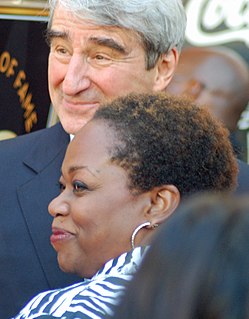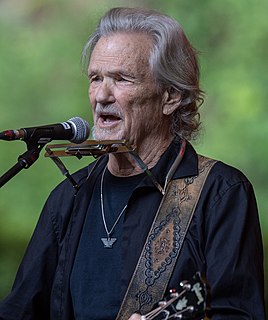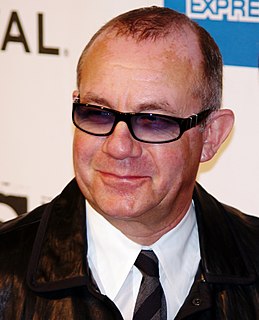A Quote by Brenda Ueland
No writing is a waste of time – no creative work where the feelings, the imagination, the intelligence must work. With every sentence you write, you have learned something. It has done you good.
Related Quotes
Writing is linear and sequential; Sentence B must follow Sentence A, and Sentence C must follow Sentence B, and eventually you get to Sentence Z. The hard part of writing isn't the writing; it's the thinking. You can solve most of your writing problems if you stop after every sentence and ask: What does the reader need to know next?
I find it's very confusing when one critic tells you one thing and one tells you something completely different. Unless all the critics agree on parts of the play that just didn't work. I have stopped reading reviews, because I find writing is all about courage. You must have courage when you start writing a play and you cannot have the voice - you must write things out. You cannot have the voice of a critic telling you, "That didn't work in that play, you cannot make it work in another play." Every time you do a production, it's an experimentation.
The further you go in writing the more alone you are. Most of your best and oldest friends die. Others move away. You do not see them except rarely, but you write and have much the same contact with them as though you were together at the café in the old days. You exchange comic, sometimes cheerfully obscene and irresponsible letters, and it is almost as good as talking. But you are more alone because that is how you must work and the time to work is shorter all the time and if you waste it you feel you have committed a sin for which there is no forgiveness.
Peter Cooper looks at the world with an artist's eye and a human heart and soul. His songs are the work of an original, creative imagination, alive with humor and heartbreak and irony and intelligence, with truth and beauty in the details. Deep stuff. And they get better every time you listen to them.
I always thought, I can't waste time, I have to do work. I also thought that I was slower than other people, that I had to concentrate more. I always thought, I'm not brilliant, I have to work. That was something I embedded in myself very early: I have to go home and write. But did I get any more work done than people like Frank O'Hara, who were always going to parties? Probably not.
For some reason there's this myth that creativity - [especially] in terms of creative writing - is a gift you either have, or you don't. So when people first start writing, if they write something that's not very good, or if they try and it's difficult, they go, "Oh, I guess I don't have it." That doesn't seem very fair, you have to try and you have to work at it. If we get scared of one bad poem and quit, that's not doing anybody any good.
In general, I feel, or I have come to feel, that the richest writing comes not from the people who dedicate themselves to writing alone. I know this is contradicted again and again but I continue to feel it. They don't, of course, write as much, or as fast, but I think it is riper and more satisfying when it does come. One of the difficulties of writing or doing any kind of creative work in America seems to me to be that we put such stress on production and material results. We put a time pressure and a mass pressure on creative work which are meaningless and infantile in that field.
Basically it takes me very little time to write a song. If I find myself taking more than an hour to do it I usually forget it, and try something else. I like to work quickly; I never like to waste any time. I never write half a song and come back to it later at all. It all has to be done at once. I lose interest if it doesn't.





































